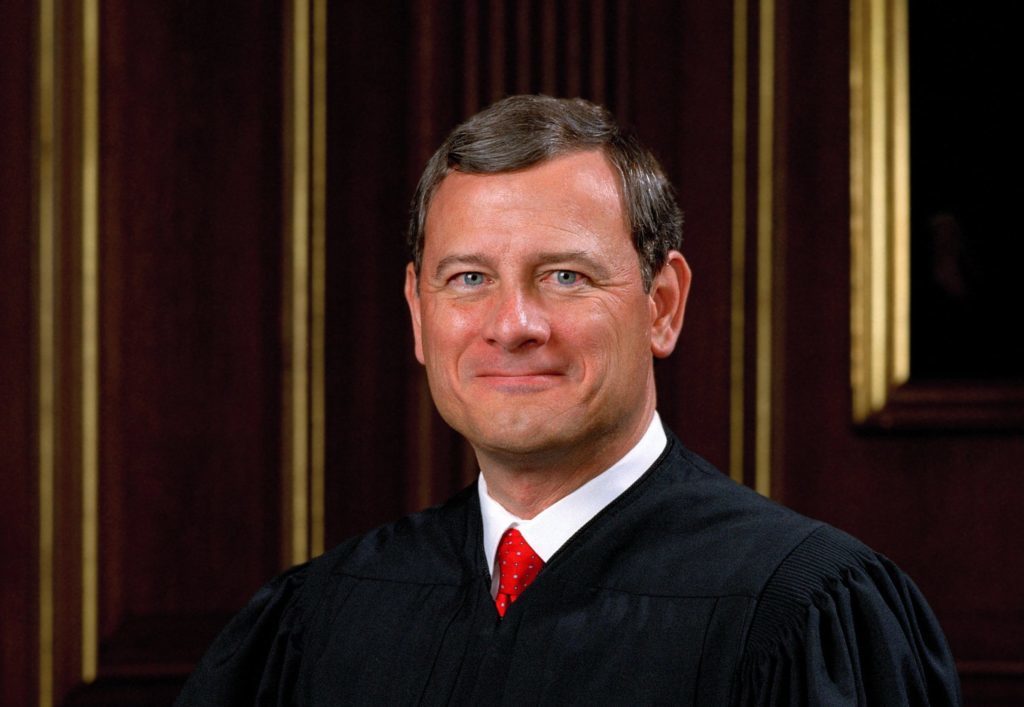The real reason John Roberts is doing what he’s doing

On Monday, Chief Justice John Roberts voted in favor of LGBT workplace rights – just a few years after he voted against gay marriage. Roberts has also ruled for and against the Affordable Care Act. He just keeps surprising everyone, and seemingly contradicting himself along the way. This has led to a widespread desire to decipher his rulings and predict how he might vote on any given upcoming case.
My advice: don’t bother. You won’t find a rhyme or reason when it comes to John Roberts’ rulings, because there isn’t one – and that appears to be the point. Roberts purports to be a conservative, but his rulings often don’t adhere to conservatism. He purports to be an institutionalist, but his rulings don’t seem to follow that either. Nor is he merely following the strict letter of the Constitution, because his rulings are way too incoherent for that.
There are two schools of thought here. One is that John Roberts is savvy enough to have managed to ascend all the way to the most powerful judicial position in our nation, yet he’s also a dummy who has no idea where he stands on anything, and makes his decisions based on a magic eight ball. That seems unlikely on its face – and it becomes even more unlikely when you consider Roberts’ series of random rulings over the past several years have just happened to make him the most influential figure on the Supreme Court.
So here’s the other school of thought. John Roberts bases rulings on a desire to be as random as possible, within whatever framework he can constitutionally justify it, precisely because being unpredictable puts him at the center of influence on the court. Everyone who brings a case before the Supreme Court knows there’s a chance Roberts will vote their way, so everyone (on both sides) of any given issue ends up tailoring their cases specifically to Roberts.
If this is what John Roberts is doing, it’s really clever, in a reckless, irresponsible, power-mad sort of way. All he has to do is make sure that he keeps everyone on both sides off guard with his rulings. In such case you’re not going to find a pattern in his voting that allows you to predict how he’ll vote on future cases. You’d have to be sophisticated enough to unravel his attempts at being random – but that requires a rather large data set, and there just aren’t enough Supreme Court rulings to crack something like that.
The only conclusion we can reasonably draw is that if anyone thinks they know for sure how John Roberts is going to rule on a case, they’re mistaken. No one on either side saw Monday’s ruling coming, which appears to be how Robert wants it. One thing to watch is whether Neil Gorsuch, who also cast a shock vote on Monday that was seemingly totally out of line with his ideology and methodology, is now trying to play the same game for the same reason. After all, it’s been working out rather well for Roberts.
